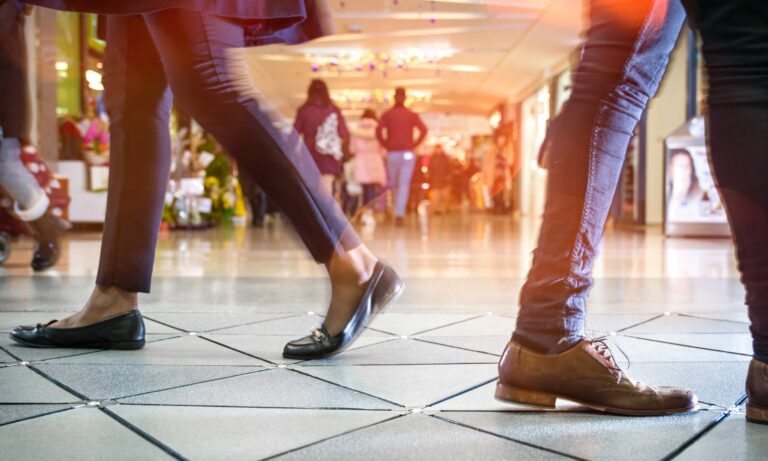Black Friday saw a rise in spending from consumers at UK retailer, according to data from the British Retail Consortium.
According to the BRC, sales increased by 5.0% in November, against a growth of 0.9% in November 2020. This is above the 3-month average growth of 2.2% and the 12-month average growth of 9.9%
UK retail sales increased 1.8% on a Like-for-like basis from November 2020, when they had increased 7.7%. This was above the 3-month average growth of 0.2% and below the 12-month average growth of 9.3%.
Over the three months to November, In-Store sales of Non-Food increased 30.5% on a Total basis and 22.2% on a Like-for-like basis.
Helen Dickinson OBE, chief executive of the British Retail Consortium, said: “While Christmas may or may not be getting earlier every year, Black Friday certainly is. The American holiday has now become a month-long affair in the UK, with deals spread over a longer period than ever before.
“As people prepared their wardrobes for the cold weather this winter, consumers took advantage of discounted clothing, shifting the focus of Black Friday from just electronics and household appliances. While e-commerce was significantly down on last year, when lockdown pushed more consumers online, it still remains almost one-fifth up on pre-pandemic levels, accounting for almost half of all Non-Food spend.”
Paul Martin, UK head of retail at KPMG commented: “Retailers will be hoping consumer confidence continues this month, while keeping close to Government COVID-19 updates, as we head to the vital few shopping weeks before Christmas.
“As we look ahead to the new year, rising costs continue to bite into margins and supply chain issues have impacted the availability of goods, leaving retailers with very little room for the mega discounting events we have seen in previous January sales.
“Rising inflation which could top 4% + by the end of this year, is likely to prompt an interest rate rise sooner rather than later, which could dent consumer confidence and spending.”


